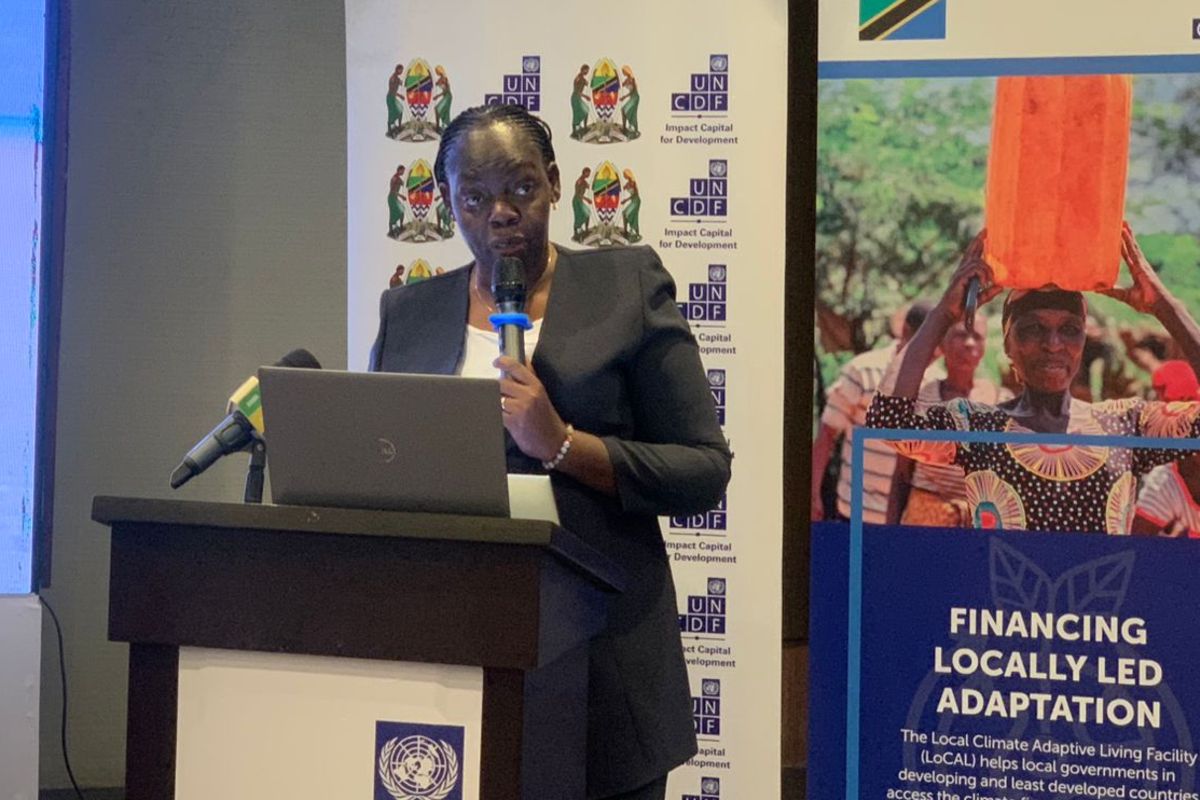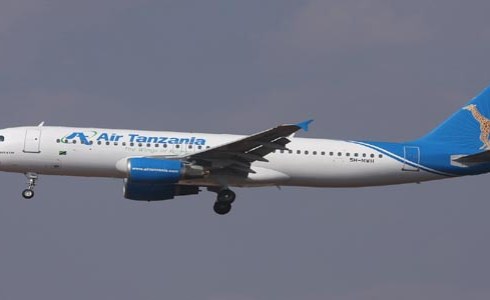
Dar es Salaam. Kutokana na athari za mabadiliko ya tabianchi zinazoikumba dunia, Tanzania inatarajia kupata msaada wa Sh33 bilioni ili kukabiliana na changamoto hiyo.
Fedha hizo zimelenga kusaidia ngazi ya jamii na Serikali za mitaa ikiwa ni moja ya mkakati wa utekelezaji wa mfuko huo wa mabadiliko ya tabianchi mwaka 2021-2026.
Moja ya maeneo yaliyotajwa katika mkakati huo ni kuhakikisha jamii zinahimili athari za mabadiliko hayo, ikiwamo ukame, mafuriko, kuongezeka kwa kina cha bahari na maji ya chumvi.
Hayo yameelezwa na Mkurugenzi wa Mazingira Ofisi ya Makamu wa Rais (Muungano, Mazingira), Kemila Mutesa wakati wa uzinduzi wa awamu ya pili ya Mradi wa Kukabiliana na Mabadiliko ya Tabia ya nchi (UNCDF) leo Jumanne Oktoba mosi, 2024 jijini Dar es Salaam.
“Leo tumezindua awamu ya pili ya mradi unaolenga kuleta matokeo chanya hasa katika athari za mabadiliko ya tabianchi katika jamii zilizoathirika zaidi, kulingana mkataba ya Umoja wa Mataifa na nchi zinazoendelea,” amesema Mutesa.
Mratibu wa UNCDF Aine Mushi amesema halmashauri tatu zilizonufaika na fedha hizo kwa mwaka 2023 ni Chamwino katika Kijiji cha Chiboli, Kondoa (Kijiji cha Kisasendisa) na Mpwapwa (Kijiji cha Kisisi).
“Miradi tuliyoifanya katika kijiji hicho ni pamoja na kuchimba visima vya maji na kuhakikisha baadhi familia na wanyama wanaondokana na adha ya maji, bila kusahau kilimo,” amesema Mushi.
Pia, amesema awamu hiyo ya pili watapeleka huduma katika halmashauri na mikoa iliyopo karibu na Pwani.
“Tukiachana na faida hizo, tunaangalia athari wanazopata wanajamii waliyopo katika mikoa mbalimbali na kutoa misaada, tulianza na Dodoma kutokana na hali ya ukame wanayokabiliana nayo, hivyo ilitulazimu kuhakikisha wanapata visima kwa ajili ya maji, mifugo na kilimo,” ameeleza Mushi.
Amesema ili kuendelea kupambana na mabadiliko ya tabianchi wanapanua wigo kwa wadau wengine kuendelea kujitokeza mbali na wale waliokuwepo awamu ya kwanza ambao ni European Union (EU), Chuo cha Mipango na Chuo cha Serikali ya Mitaa.
Amesema, awamu ya pili ina ongezeko la wadau mbalimbali kama Obelgiji, Ubalozi wa Norway, Ubalozi Ireland na taasisi za utafiti kuhusu mabadiliko ya tabianchi huku mashirika yasio ya kiserikali yakishiriki katika mpango huo.
“Tumefanya vizuri awamu ya kwanza kwa kufikia wilaya tatu na sasa tunategemea kufanya vizuri zaidi katika awamu ya pili kwa kufikia wilaya zaidi ya tano na kufikisha jumla ya wilaya nane,” ameeleza.
Source: mwananchi.co.tz













